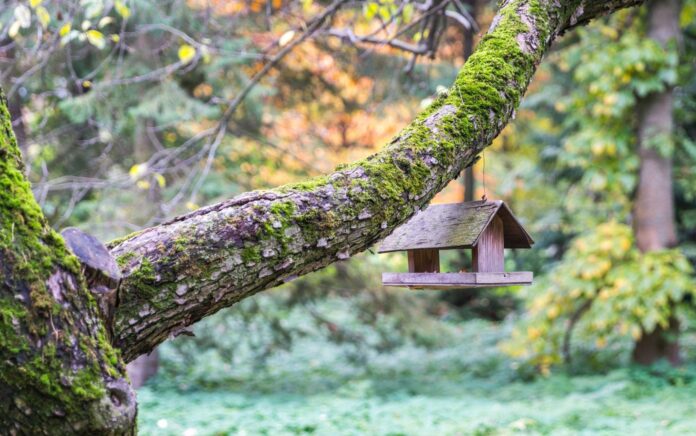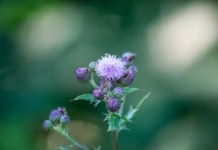As the weather gets colder, Brits are being encouraged to foster a welcoming environment for wildlife in their gardens.
The experts at GardeningExpress.co.uk have shared their top tips for creating wildlife-friendly gardens that serve as safe havens for birds, insects, and other creatures.
From hedgehogs to frogs, birds and a variety of insects, the wildlife inhabiting gardens all over the nation is starting to prepare for the impending winter season.
By making sure that these creatures have access to food, hydration, and shelter, we can significantly increase their odds of enduring the challenging winter conditions.
The experts suggest leaving out food and water for wildlife, creating cosy habitats for bugs, avoiding turning compost piles and delaying some gardening jobs like trimming hedges.
Chris Bonnett from GardeningExpress.co.uk said: “The colder months can pose challenges for insects, birds, and wildlife that visit our gardens but there are numerous actions we can take to make their lives easier.
“Simple things like piling leaves and logs to create natural habitats, putting up bird boxes and leaving out a shallow water disk will all contribute to a wildlife-friendly garden.
“Besides helping out the wildlife and ecosystem, you also get the delightful experience of observing birds, squirrels, and other creatures frolicking in your outdoor space.”
Here are GardeningExpress.co.uk‘s tips for attracting wildlife into your garden:
- Avoid cutting hedges
If your garden hedge is in need of a trim, consider postponing the task until the end of winter. Hedges serve as valuable habitats for wildlife, and their berries often provide food for birds and other animals.
- Put up a bird box
Consider installing a bird box in your garden. This can provide warmth and shelter for birds during chilly nights. Offer your feathered friends some food by filling the box with some of their favourite snacks, such as seeds, suet, or nuts.
- Create habitats for bugs
Create cosy havens for insects by piling logs, rocks, wood or leaf litter where the little creatures can find shelter. Bugs play a vital role in ecosystems and they also offer natural pest control.
- Provide water
Place a shallow dish of fresh water at ground level for wildlife seeking hydration. This is particularly crucial during cold snaps when their usual water sources may be frozen.
- Avoid disrupting the compost pile
Compost piles offer a cosy refuge for wildlife, thanks to the natural warmth they generate. Make sure to be careful when turning your compost heap. During winter months, consider minimising or even avoiding unnecessary disturbance as much as possible
- Leave out food
Placing food out for animals to eat without needing to hunt or scavenge is a simple but effective way to look after local wildlife. Vegetables, fruit, seeds and rolled oats are great options for our furry and feathered friends.
- Avoid pesticides
Try to avoid using chemical pesticides where possible and instead opt for natural and eco-friendly pest control methods to avoid harming or deterring wildlife.

| [donate]
| Help keep news FREE for our readersSupporting your local community newspaper/online news outlet is crucial now more than ever. If you believe in independent journalism,then consider making a valuable contribution by making a one-time or monthly donation. We operate in rural areas where providing unbiased news can be challenging. |



















